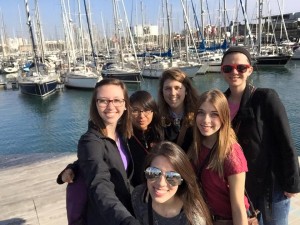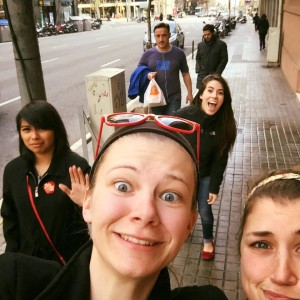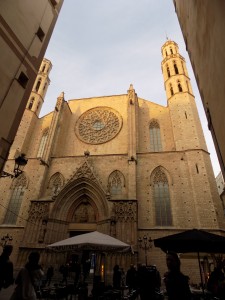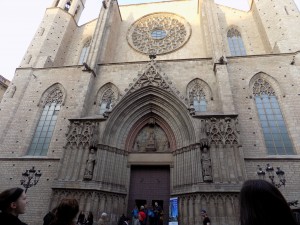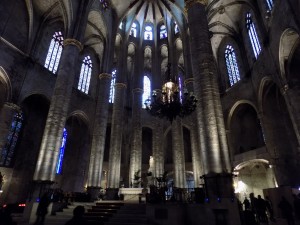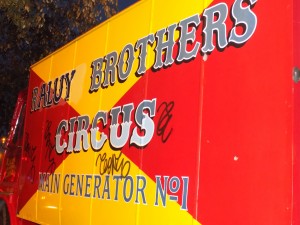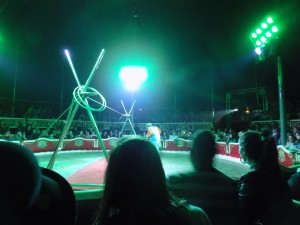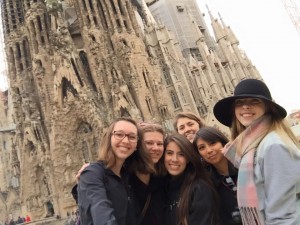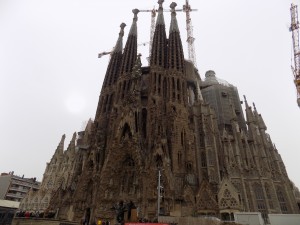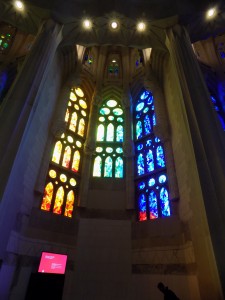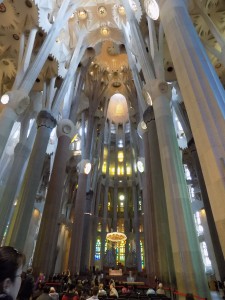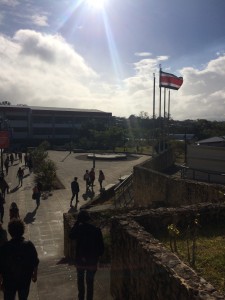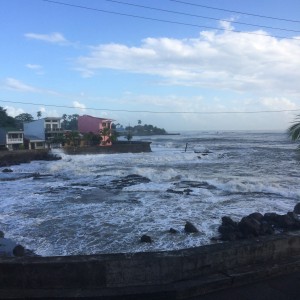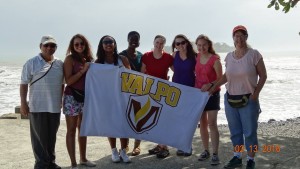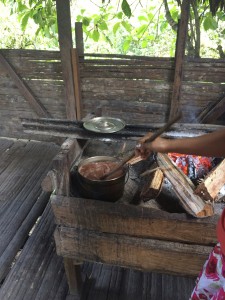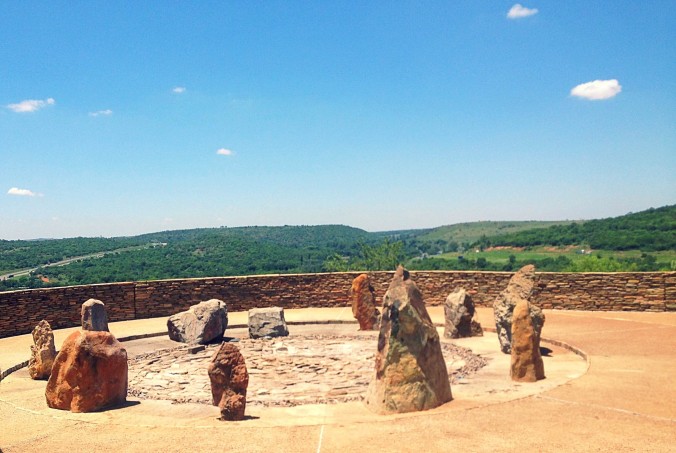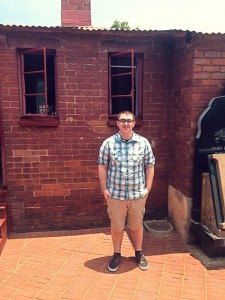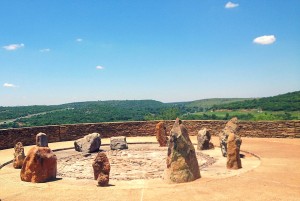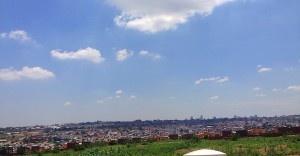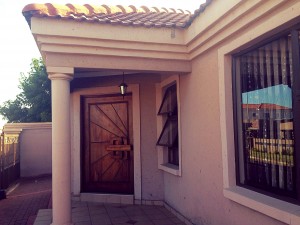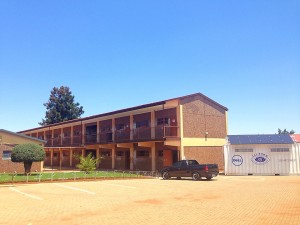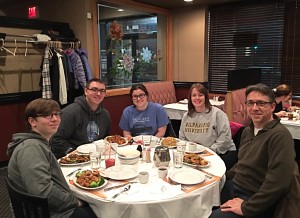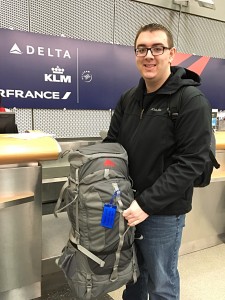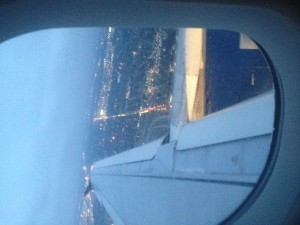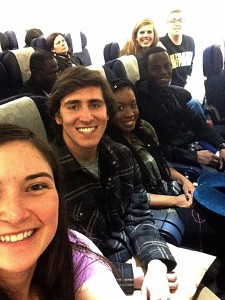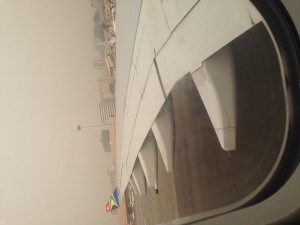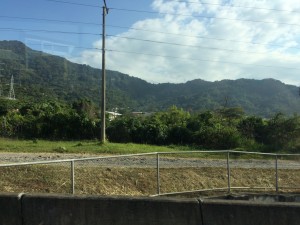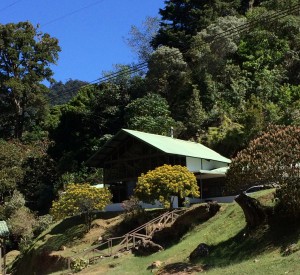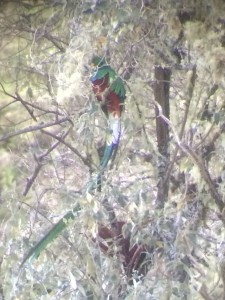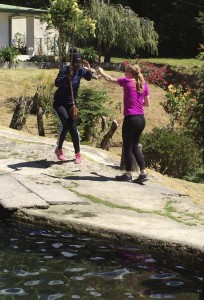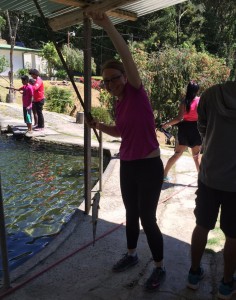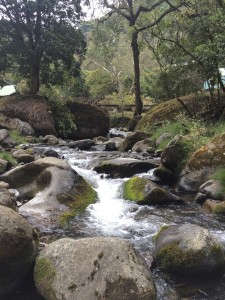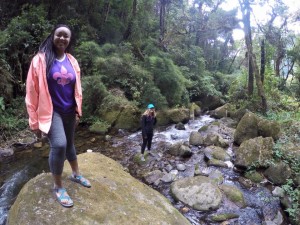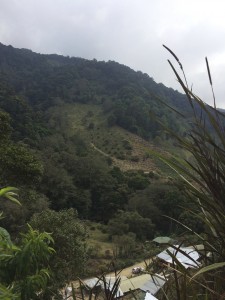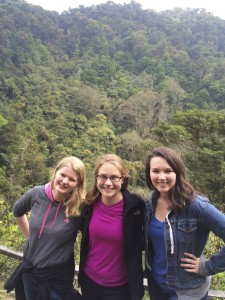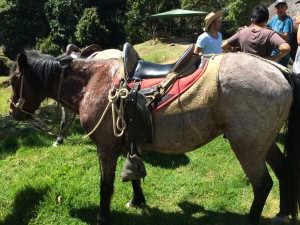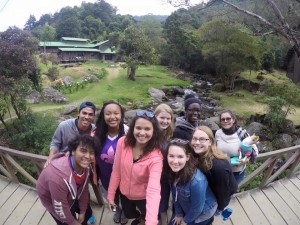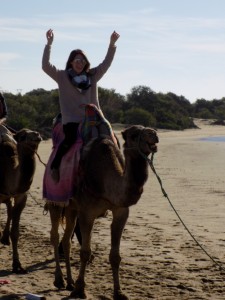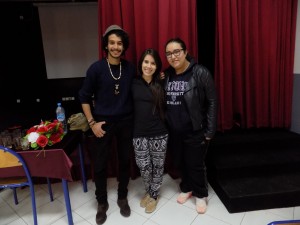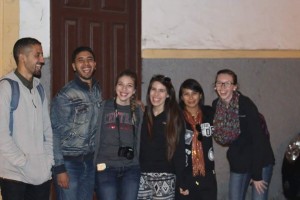So this is long overdue. After my trip to Morocco, I had 5 days off in which I could travel anywhere before class started. I decided to go to Barcelona and let me tell you, I had a blast!
It was a bit of a struggle to plan this trip as a couple of girls and I, we were going on this trip together, didn’t finalize our plans until literally the day before we left for Morocco, so it was very last minute. Also, we had no idea what we were going to do in Barcelona, we just knew we were going. Good plan. We vacillated at first between a few different options like Portugal, Swiss Alps, and Scotland, but nobody could decide what we wanted. Word of advice?.. Though we had a fantastic and I don’t think it could have gone any better even if we had planned it all, don’t leave it all till the last minute. Talk about a panic attack.
So here we go, embarking on a trip to Barcelona where we have no idea what we’re doing. Oh, by the way, we knew for a fact that we had to watch the Cheetah Girls 2 as it takes place in Barcelona.
First day in Barcelona and we are totally disoriented. We had no idea how to get where we were going and even though a friend and I are fluent in Spanish, we still had trouble communicating because, you may not know, in Barcelona they speak Catalan. Catalan is a language that came from French and Spanish mixed together. It’s a little weird. So here we are, trying to speak English and Spanish to the bus driver and trying to find a common language. It was quite an experience for me. Besides my trip to Morocco I have never really had a difficult time being able to understand people. We somehow managed to find our way to the hostel after wandering around for a little bit. In comparison to Granada, Barcelona is bigger and set up a little differently.
So many things happened in Barcelona it’s too much to write about, so instead I’ll highlight some of my favorite.
These are a few pictures from the Basilica de Santa Maria. It is breathtakingly beautiful! It is around 600 years old and the only surviving cathedral in pure catalan gothic style.
On our first night as we were wandering around, we wound up by the shore and in good timing because there was a circus! Of course we HAD to go in. It was great because that night the tickets were half off, so we got front row seats! It lasted about two hours and it was full of acrobatics and little skits. The ringmaster spoke mainly in Catalan so again we didn’t really have any idea what he was saying. Imagine living in a country were there are 4 official languages and you just have to run through them all to find a way to communicate. You don’t really think about that in the USA because the official language is English and most everyone can speak it. Yea, there are other languages that are spoken but you are not hard-pressed to learn them. I just thought that was interesting and felt the need to share. It is an interesting thought.
Alright, up next is my favorite! La Sagrada Familia. It is one of the largest cathedral’s in the world and it is absolutely BREATHTAKING. I cannot even begin to describe to you how enormous and beautiful this building is. It was built by a Catalan architect, Antoni Gaudi, who died in 1926. At the time of his death, the cathedral was not even a fourth complete and believe it or not, it’s still in construction today! It is estimated to be finished by 2030 I think, so it still has a while to go. Can you even imagine that?!
There is so much detail you could spend forever and not see all of it.
I loved Barcelona so much that I am going back again for my Spring Break and I cannot wait! So hurray for Barcelona round 2 but until then, Lisbon, Portugal here I come! (Feb. 26-28)
